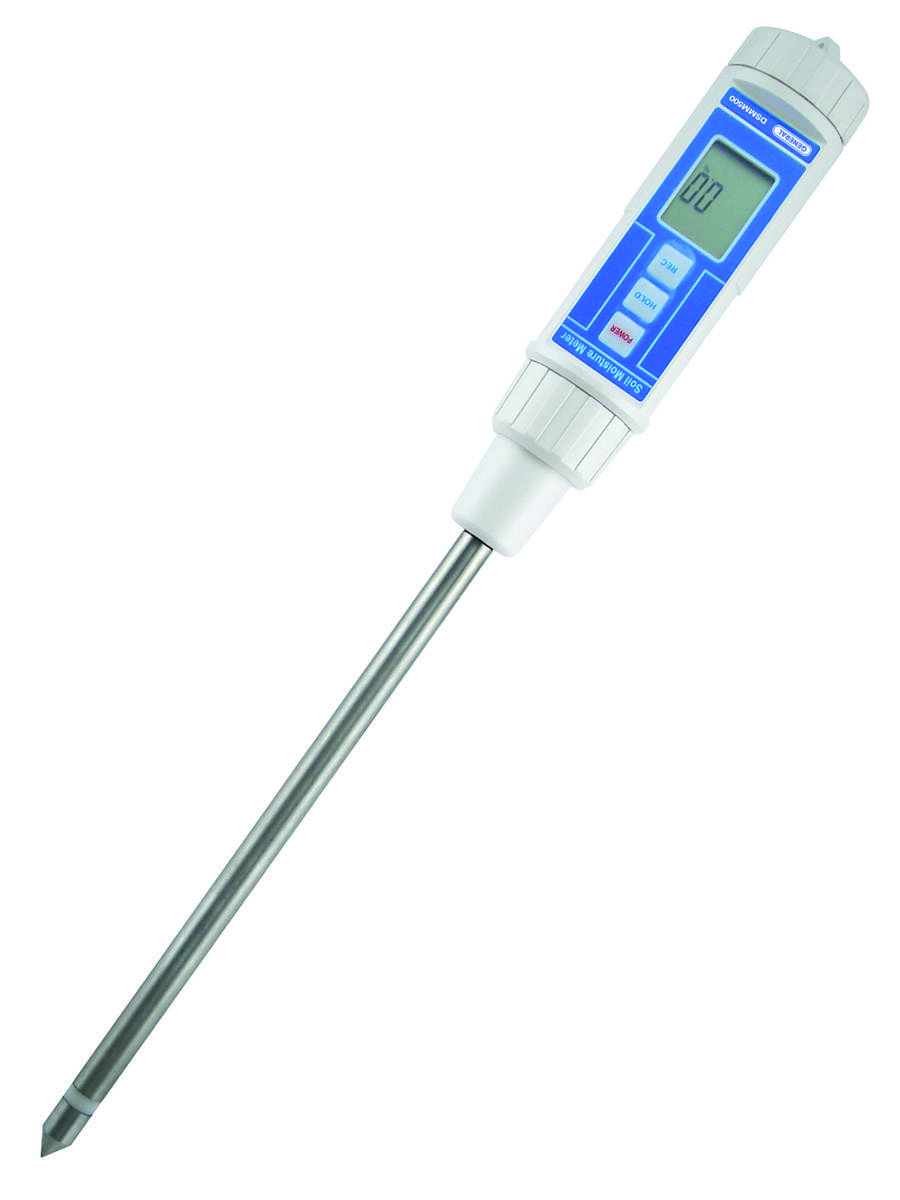The Ultimate Guide to Moisture Meters: A Comprehensive Summary and Exactly How They Can Conserve You Cash
In the realm of structure maintenance, building, and various sectors, the significance of precisely gauging moisture levels can not be overemphasized. Wetness meters work as indispensable devices in spotting and keeping track of moisture material in products, helping in stopping pricey damages and making sure the high quality of items. Recognizing the nuances of different sorts of dampness meters, their applications, and the possible cost-saving benefits they supply can be a game-changer for specialists and services alike. Discovering how these tools can not only enhance procedures but likewise contribute to monetary cost savings is a trip worth getting started on.
Kinds Of Moisture Meters
One typical type is the pin-type moisture meter, which measures the electrical resistance in between 2 pins inserted right into a material. Pinless moisture meters, on the other hand, use electro-magnetic sensor plates to check a bigger area without causing damage to the material's surface area.
Infrared moisture meters gauge the thermal properties of a material to determine its dampness web content non-invasively, making them helpful for applications where pin or pinless meters might not be appropriate. Recognizing the different kinds of moisture meters available can assist markets pick the most ideal tool for their particular moisture measurement demands.

Benefits of Utilizing Moisture Meters

In addition, using wetness meters can result in boosted energy performance. By determining locations with high moisture levels, such as leakages or inadequate insulation, changes can be made to boost energy conservation and lower energy prices. In farming setups, moisture meters play a crucial duty in enhancing crop returns by enabling farmers to keep track of dirt moisture degrees and make notified irrigation decisions. Generally, the advantages of making use of moisture meters span across different markets, giving economical remedies and advertising better quality assurance methods.
How to Choose the Right Moisture Meter
Choosing the ideal wetness meter entails thinking about key factors such as product compatibility, measurement array, and calibration precision. When choosing a dampness meter, it's vital to make certain that the meter appropriates for the particular product you will be testing. Various materials have varying electrical residential properties that can influence dampness analyses, so picking a meter created for your product is vital for precise outcomes. In addition, consider the dimension range of the wetness meter. Guarantee that the meter can discover wetness degrees within the range needed for your applications. Calibration accuracy is another critical aspect to keep in mind (Moisture Meter). Go with a dampness meter with dependable calibration to make certain exact and constant readings. Some meters may need routine calibration changes, so understanding the calibration procedure is essential. By meticulously reviewing these variables, you can choose a wetness meter that fulfills your needs and gives precise wetness dimensions for your tasks.
Appropriate Methods for Moisture Meter Use
To ensure exact moisture analyses and take full advantage of the effectiveness of a moisture meter, using appropriate methods is necessary. When making use of a pin-type wetness meter, put the pins or probes right reference into the material being checked until they make complete get in touch with. By complying with these proper methods, users can rely on their dampness meter to offer reliable dampness degrees, helping in protecting against costly damage or making certain high quality in numerous applications.

Expense Financial Savings Via Moisture Meter Applications
Exactly how can the tactical application of dampness meters result in substantial cost financial savings throughout numerous markets? Dampness meters play an essential function in cost savings by avoiding prospective damages and making certain high quality control in various industries. In the agriculture sector, dampness meters aid in establishing the ideal time for gathering crops, protecting against excess or over-drying dampness that can influence the end product's quality. This exact monitoring helps farmers prevent unnecessary losses and optimize their yield.

Additionally, in the food processing sector, wetness meters are important for checking product high quality and ensuring compliance with security regulations. By accurately gauging wetness web content in food, producers can prevent wasting, keep freshness, and lower waste, leading to substantial cost financial savings. Generally, the calculated application of dampness meters is a beneficial financial investment that can result in considerable price decreases and boosted effectiveness across numerous sectors.
Final Thought
In final thought, dampness meters are beneficial devices for detecting and gauging wetness levels in different materials. By making use of the appropriate wetness meter and following correct techniques, individuals can properly avoid pricey problems caused by excess wetness.
Moisture meters offer as vital devices in discovering and keeping an eye on moisture content in products, assisting in stopping expensive problems and ensuring the quality of items. Infrared moisture meters measure the thermal residential or commercial properties of a material to establish its dampness content non-invasively, making them helpful for applications where pin or pinless meters might not be suitable.Wetness meters provide very useful benefits in properly examining and checking dampness levels in diverse products and environments. In agricultural setups, wetness meters play a crucial function this website in enhancing plant yields by allowing farmers to check dirt dampness degrees and make informed irrigation decisions.In verdict, moisture get redirected here meters are valuable devices for spotting and determining dampness levels in numerous materials.